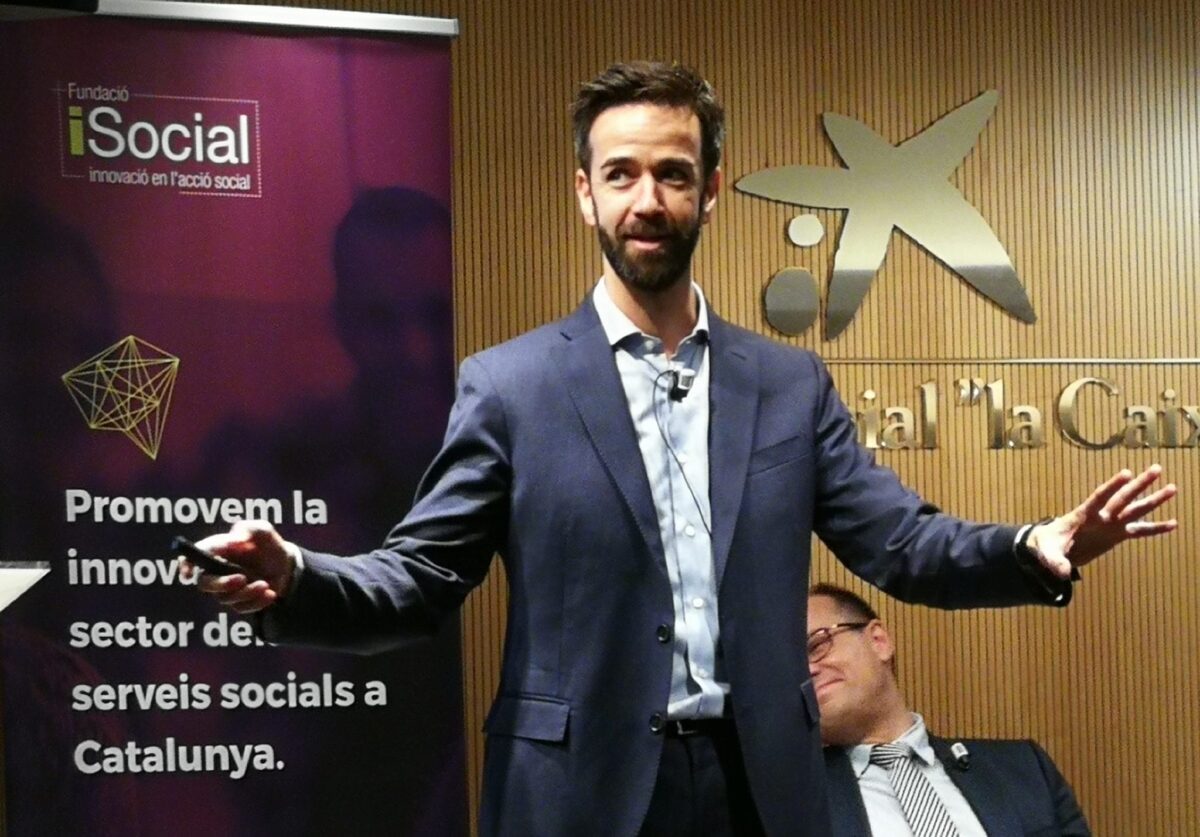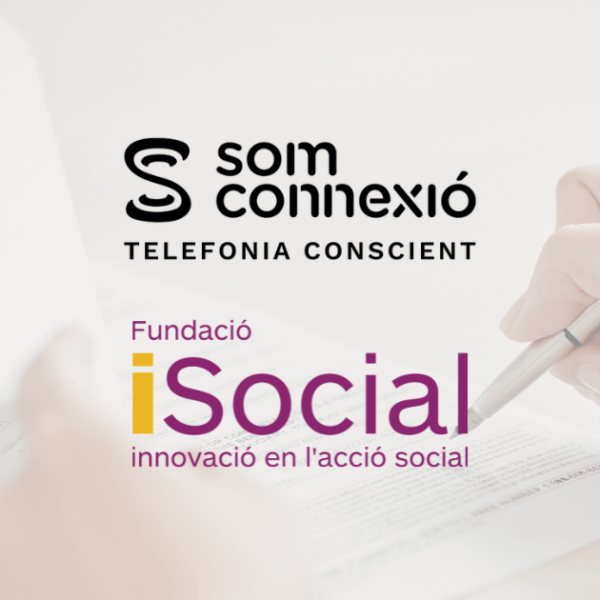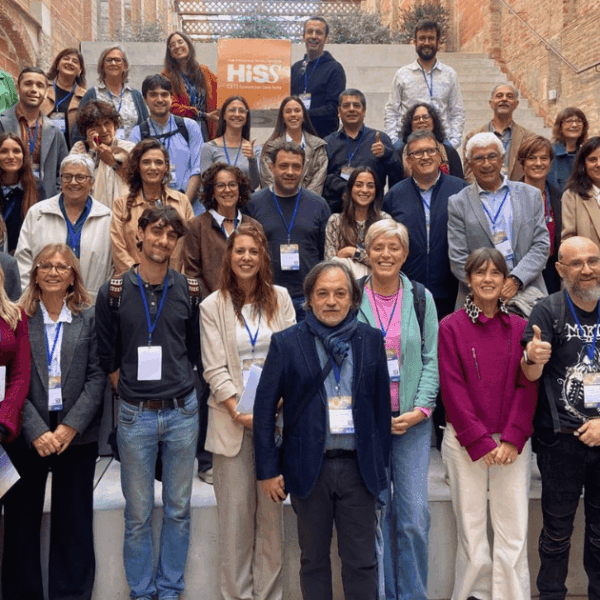A new debate explores the opportunities and limits of predictive systems and automation in Social Services

A new debate explores the opportunities and limits of predictive systems and automation in Social Services

On November 19, Palau Macaya de Barcelona hosted the 3rd debate of the cycle “Big Data and Social Services” of the iSocial Foundation, in which four experts discussed the opportunities and limits of introducing predictive systems and automation processes in the Social Services sector. The debate was led by the data science professor of the Universitat Oberta de Catalunya, Jordi Conesa.
In the first place, Albert Isern, CEO of the Big Data company Momentum Analytics, spoke about the opportunities that today has the Social Services sector to take advantage of the success of the commercial sector, during the last 15 years, in the knowledge and segmentation of current clients and potential customers of products and services, through the treatment and massive analysis of data. He explained how big data companies treat the data and the type of results and knowledge that they obtain.
Secondly, Lourdes Rodriguez, from the TIC Salut Social Foundation, has presented the Intersocial project, which seeks to define a commonly controlled vocabulary to use to interoperate information in the field of social care, particularly aimed at people who have needs social and healthcare. Through this vocabulary, the aim is to achieve a greater integration of the data of the different management systems in the field of social care in Catalonia.
Subsequently, the director of Social Services of the Junta de Castilla y León, Carlos Raul de Pablos, has exposed the PACT and ERGOSS projects of this autonomous government in Spain, through which for ten years, Big Data techniques and tools have been developed to know the social needs of the territory, sharing knowledge and integrating resources between social and health systems, segmenting vulnerable population, and foreseeing the future evolution of services and benefits, such as “Guaranteed Citizens’ Income”.
Finally, the director of the Victor Grífols Foundation, Núria Terribas, a bioethics expert, has provided her point of view on the limits and ethical principles that predictive systems and automation processes in Social Services must have in keep in mind and preserve to ensure that ultimately they bring an improvement in the welfare and quality of life of the citizens with full respect for their rights and their privacy.
In the open debate, many questions have been raised by the attendees, in subjects such as automation in the provision of social aids; the right of users to access their history and reports; the possible biases and discriminations of the algorithms; the limits in the anonymization of the data; etc.
After this 3rd debate, the reflection cycle continues during December, January and February with closed doors workshops with city councils and county councils interested in developing predictive tools in the field of Social Services. And it will end on March 10 with a closing conference given by the basque expert Fernando Fantova and the presentation by Isocial of a final document of conclusions.
Actualitat






